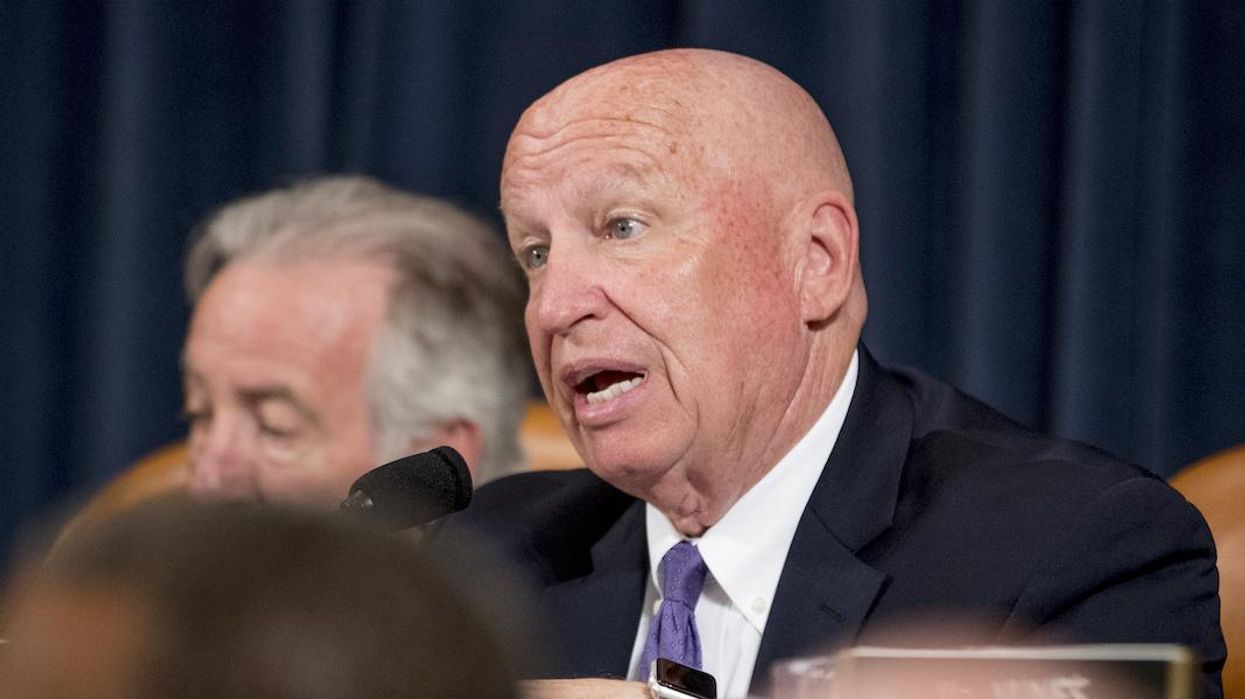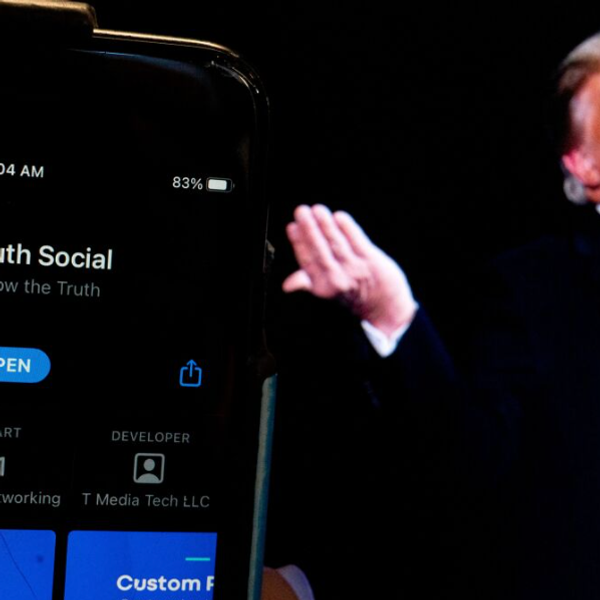GOP Leadership Opposes Paid Family Leave In Biden Bill
Republicans on the House Ways and Means Committee on Wednesday released a memo laying out their opposition to Democrats' efforts to include paid family leave in the $1.75 billion Build Back Better spending plan, saying that protecting businesses is more important than letting people have time to recover from birth or take care of their infants.
The memo, titled "Top 5 Reasons to Oppose Democrats' Paid Leave Plan," says that one of the reasons to oppose the Democrats' plan is that it contains "no protection for small businesses who can't afford to lose workers in a national labor shortage."
"With more than 10 million job openings, supply chain hurdles, and skyrocketing prices, Main Street businesses can't afford more labor disruption," says the memo, authored by minority staff led by ranking member Kevin Brady (R-TX).
It also says that Republicans don't trust people to be truthful about their family care needs, saying that some would lie about giving birth or having to take care of a family member in order to get paid time off: "Democrats allow applicants to 'self-attest' on the application that they are eligible, opening the door to massive fraud."
House Speaker Nancy Pelosi announced on Wednesday that four weeks of paid family leave would be put back into the bill after Democrats had removed it the previous week in an attempt to secure support for the plan from Democratic Sen. Joe Manchin of West Virginia, who opposes it.
According to CNN, the plan would give workers whose employers do not currently provide paid leave four weeks of paid time off for people earning less than $250,000 a year who give birth, adopt a child, or have to take care of a sick family member. Workers would get partial pay, with the lowest-income workers getting 85 percent of their salary and the highest-income workers getting 5 percent.
Not a single Republican supports the infrastructure bill, even though polling shows its provisions are popular. Democrats can avoid a Republican filibuster of the bill in the Senate by using the process of budget reconciliation, a maneuver that would allow them to pass it with a simple majority of Senate votes, eliminating the need for any Republican support.
Manchin's opposition to the paid leave provision imperils its inclusion in the final legislation, with Democrats unable to afford to lose a single vote.
The United States is one of just six countries that does not have a national paid leave program, according to the New York Times, which noted that the four weeks of paid leave that Democratic leaders hope to include in the plan is far less generous than that offered by almost every other country.
And polling conducted in May shows that paid leave is immensely popular among Americans — no matter their political affiliation. According to the survey by the Democratic Global Strategy Group, 84 percent of voters in battleground states support paid leave, including 74 percent of Republicans.
What's more, nearly every House Republican has supported paid family leave in the past.
In 2019, Congress passed a bill that gave federal workers 12 weeks of paid family leave. The provision was put into that year's Defense Department appropriations bill, which just five House Republicans voted against. Former President Donald Trump signed the budget, and the new leave policy, into low.
Now that Biden is trying to pass paid leave, Republicans in Congress, who themselves enjoy the 12-week leave benefit, are coming out against the policy, which would benefit the rest of the U.S. workforce.
Published with permission of The American Independent Foundation.












